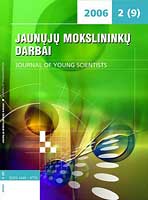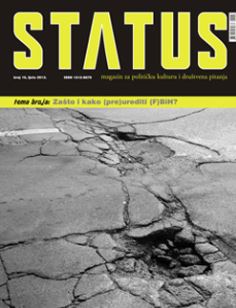
Product Placement: Theoretical Approach
Paslėptosios reklamos (angl. Product Placement) teoriniai aspektai
Keywords: Product placement.
The world of advertising is becoming more and more competitive, and sending a message to the intended target audience it is important to employ different means of communication. The aim of this article is to give a better understanding of alternative means of message communication, i. e. product placement. Product placement has become a unique promotional tool where brands are seamlessly embedded within a consumer’s experience in mediated entertainment. Product placement is a form of advertising in which brand name products, packages, signs and corporate names are intentionally positioned in motion pictures, television programs and other contexts such as films, including music videos, book storylines and video games. Placement can be in the form of verbal mention in a dialogue, used by a character, in visual displays such as brands used as decoration. Brand marketers assess placement in terms of such marketing strategies as merchandising, talent relations and cross-promotion of placement and film. Placement may serve as a means of maintaining visibility and awareness among target markets and may be successful in terms of developing or strengthening brand preference.
More...


